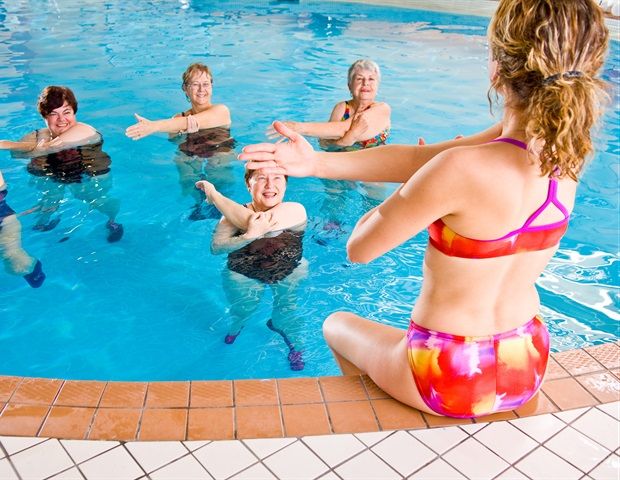Revolutionary Health Guidance System Yields New Insights on Exercise Habits

Tokyo, Japan - Researchers at the University of Tsukuba have made a significant discovery in understanding the factors that contribute to individuals acquiring exercise habits as part of an innovative health guidance system implemented by the Japanese Ministry of Health, Labor, and Welfare.
The Specific Health Guidance program aims to improve lifestyle habits for individuals with metabolic syndrome and those at presumptive risk of developing the condition. By analyzing data from middle-aged workers who received this guidance, the researchers used machine learning approaches to identify key factors that positively influence exercise behavior.
According to the study, published recently in a leading scientific journal, "the higher stages of lifestyle behavior based on the transtheoretical model" emerged as the most critical factor associated with the acquisition of exercise habits. This means that individuals adhering to broader lifestyle changes are more likely to adopt exercising habits.
The researchers also found that high levels of physical activity and healthy cholesterol levels significantly contribute to acquiring exercise habits, but excessive alcohol consumption had a negative impact on this effort.
The results of this study offer valuable insights for health guidance systems like Specific Health Guidance. By understanding the factors that lead to successful adoption of exercise habits, policymakers can refine their programs to better support individuals in need.
Led by the University of Tsukuba's [Name of Lead Researcher], the research team used data from middle-aged workers who received Specific Health Guidance as part of a health insurance project in 2017-2018. The analysis was supported by grants from the Japan Agency for Medical Research and Development (JAMRD).
The findings may have significant implications for public health initiatives worldwide, given that physical inactivity is recognized as the fourth leading mortality risk factor globally.
